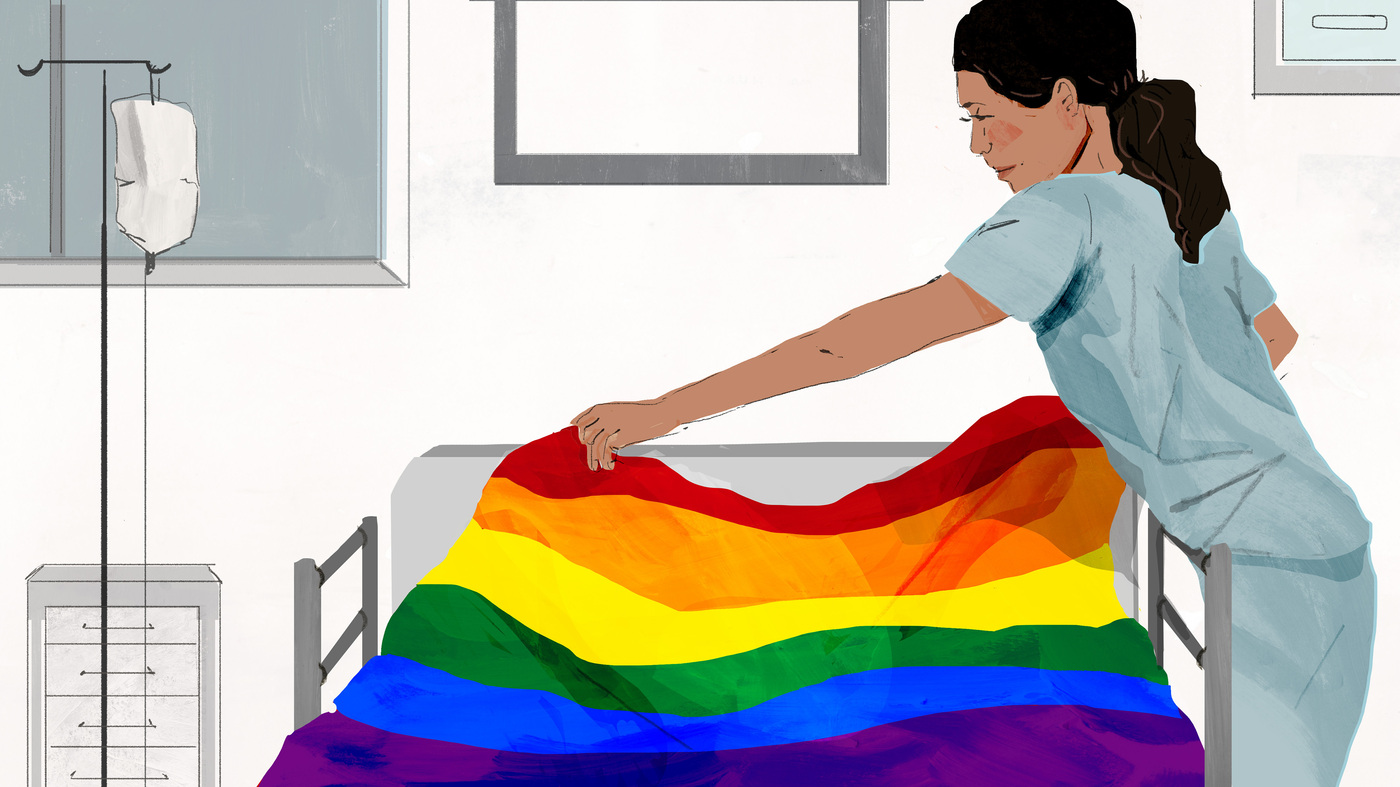HEALTH CARE CHALLENGES IN THE LGBT COMMUNITY


BY HALLIE SMITH – As the number of individuals identifying as members of the LGBT community is growing, understanding and fulfilling their health needs should be of major importance to those who work in healthcare. They share all of the same physical and mental issues as any other group of society, but many of their problems arise from different origins. Many struggle with hiding their sexuality, living marginalized lives and finding physicians that have the mindset, expertise and skills required to understand their bodies.
The insecurity that sexual and gender minorities tend to have bring about challenges to the medical community. Hesitancy to divulge sexual or gender identity when receiving care doesn’t allow the doctor to provide the best care for the patient. Along with the routine checks that must be performed, transgender individuals should follow up with their natal sex issues, such as prostate or breast cancer checks. Prevention services are almost culturally inappropriate, for medical personnel may not always know how to be sensitive to an LGBT member’s feelings.
However, many healthcare providers are not proficient in dealing with LGBT concerns. The lack of data and resources covering minority health makes it difficult for physicians to learn about their patients who are members of the LGBT community. Also, many transgender individuals choose to use exogenous hormones. If a doctor is unaware of this, they may not be able to correctly diagnose a patient’s condition.
Financial barriers also prevent minority members from receiving appropriate care. Health insurance limits a minority member’s ability to have transitional therapies, appropriate medication to aid in the transition, or even have the surgery performed. Many insurers refuse to cover these operations or resources because they are not necessary for one to have a healthy body.
On top of physical issues that LGBT members may have, they might acquire a mental health disorder, such as depression or anxiety. This could be brought about by verbal, emotional or physical abuse from family or community members. Even further, these issues could cause more disorders that negatively affect health. The LGBT population is disproportionately overweight or obese. This unhealthy lifestyle could cause cardiovascular disease, lipid abnormalities or glucose intolerance. While some rely on food as comfort, others turn to substance abuse. Recreational drug use can lead to detrimental choices like unsafe sexual practices or suicide.
These threats to the LGBT community are a fact of life. The medical community can help by providing education for physicians and giving minority members a comfortable experience in the office. All members of society should be cognizant of the physical and emotional struggle that LGBT members have or are going through.
